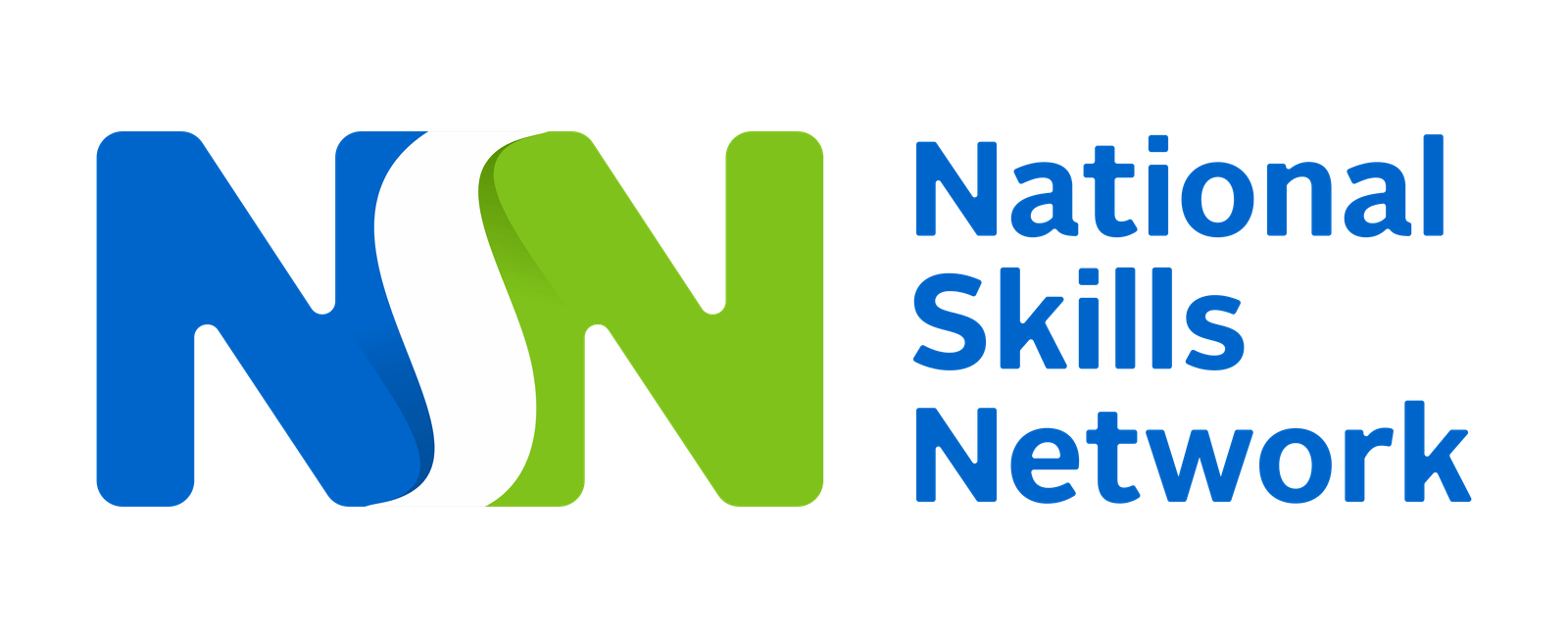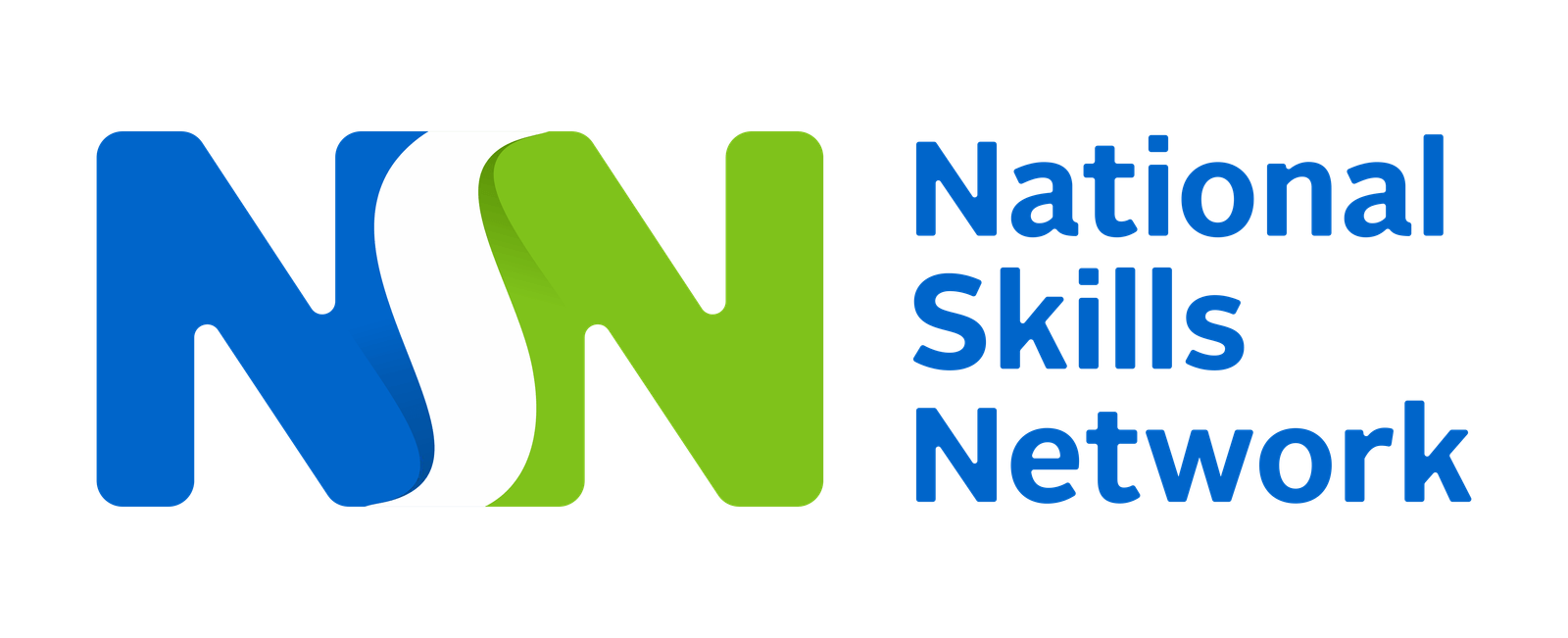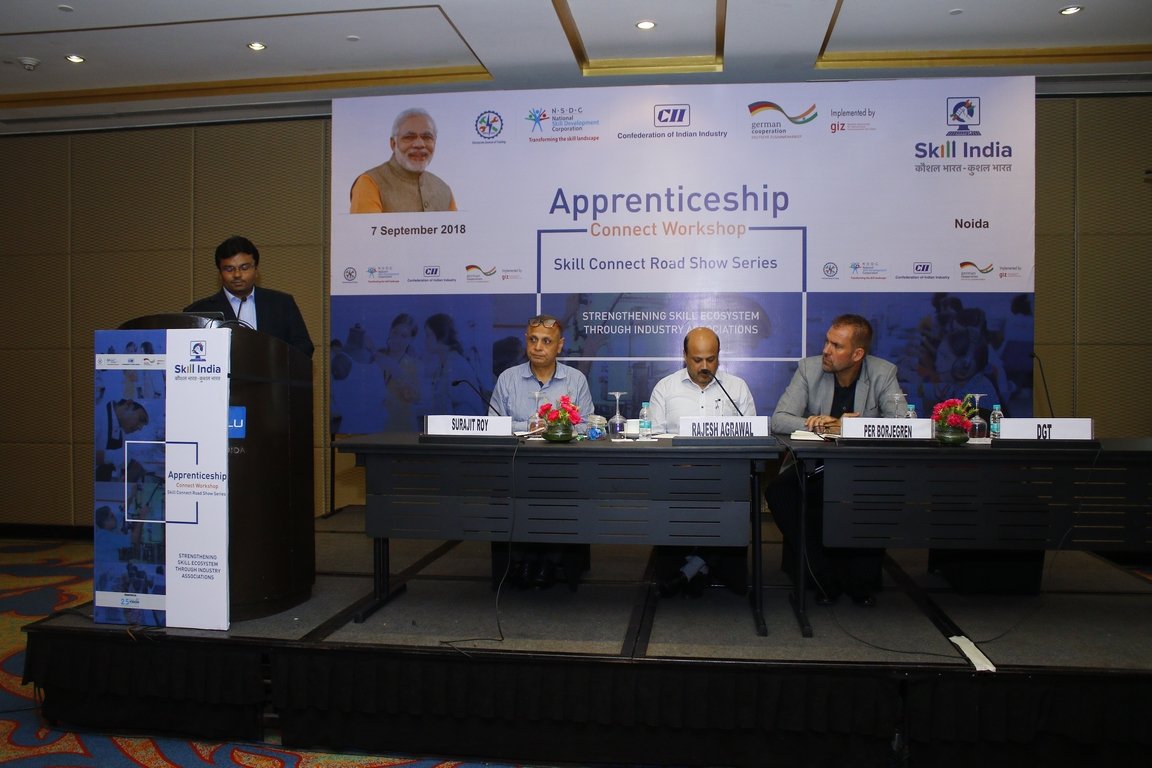With just a few days to go for the Global Skills Summit 2018 (GSS 2018), it would be pertinent to know how summit has been conceptualized around the theme of “Job – Skills – Demography and its strategic intent. To unravel the theme and understand the vision and outcomes, we present an interview with Shobha Mishra Ghosh, Assistant Secretary General at Federation of Indian Chambers of Commerce & Industry (FICCI). This Skill Talk will give you a sneak peek into the 11th edition of GSS, the issues that would be discussed and how it takes forward FICCI’s agenda to positively impact the skills space in India.
Q: The future is already here! Isn’t this true about today’s digitalized workplace? How does it impact skilling people at entry and mid-levels?
A: In the last one year, there have been a lot of changes, awareness and discourse on exponential technologies like Artificial Intelligence, Robotics, Automation, 3D Printing, Machine Learning, etc. and how it’s going to impact the jobs as well as skills. Unfortunately, it is limited to metro cities and top of the line educational institutions. We also have social media content on the subject accessible. Nevertheless, the important question one needs to ask is – is our education system and the skilling environment ready to adapt to the change and give the required training! Our education system is slow to respond to such rapid technological changes because our systems are not so flexible and organizational structure and systemic mechanism are rigid.
Every industrial revolution has been disruptive. Certain jobs have gone and new jobs have come and people had to adapt to that change. But, the difference between past revolution and the current is that we don’t have much time to embrace the change, you have to adapt quickly. Therefore, it is most desirable to change our approach to skilling. Instead of skilling a person in a particular domain or activity, you have to teach them skills that will help them to adapt, learn, un-lean and re-learn.
The present and future workforce has to have skills that will help them to adapt new technologies quickly and apply them on job. This calls for Cognitive Skills, Design Thinking, Complex Problem Solving skills that cannot be imparted through short-term training and certification course. The fundamental learning has to happen in schools where we need to move away from rote learning to problem solving and more practical-based and application oriented learning.
 Q: In the context of small, medium and micro enterprises, even today, the job roles are blue-collared (low in aspiration), how do we encourage SMEs and MSMEs to hire skilled workers and invest in latest technologies.
Q: In the context of small, medium and micro enterprises, even today, the job roles are blue-collared (low in aspiration), how do we encourage SMEs and MSMEs to hire skilled workers and invest in latest technologies.
A: We are struggling with triple challenge of making vocational training aspirational, generating employment for 17 million young entrants in the workforce year on year as well as remain globally competitive through improved productivity and efficiency. As technology will become cost effective, SMEs too will venture into this foray.
In every sector, the repetitive tasks on the shop floor will be automated and done by robots. Every job, whether it is blue or white collar will have a level of cognitive application and it will need higher order skills. However, we have to change our approach and nomenclatures that we use for vocational jobs. Odisha has already started taking steps towards this by not calling blue-collared jobs as labour force but addressing them as professionals.
Initial attempts to demystify these technologies are on by the government, educational institutions and industry. Personally, I have spoken about this at the Harvard Model UN Conference to about 1000 plus school students. The Gen Z is very much aware about these scenarios where one will not only be competing with humans but also machines. This will change the entire job profile. Hence, we need to have dedicated programs in which you actually teach the basics of these technologies to the children. For example, teaching coding will have to be integrated into the school curriculum along with literacy and numeracy skills to groom the kids into new age professionals. Communication and Emotional Intelligence will be equally important to keep humans ahead of the robots.
Government has started creating Centers of excellence at the institution level, though it is still in the nascent stage. We need such CoEs and Training Institutions in every MSME cluster that they can use to train their workforce and keep them updated with modern technologies. SMEs have to be encouraged to adapt the National Apprenticeship Programme and hire apprentices that will help bridge the skill gap and improve their productivity and efficiency.
In the next 4 to 5 years I can envisage and hope that subjects like, Cyber Security, Data Analytics, 3D Printing, Block Chain will become common terminology. The changes will eventually happen but it will take time. The government and industry together has to play a major role in facilitating these changes.
GSS 2018 Registration and Details: To know more about GSS2018, download the brochure and register online.
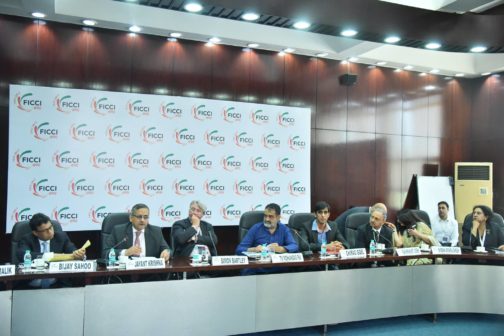
Q: How do we ensure industry participation in skilling their future workforce; What is your view about NAPS adoption in the industry? How is FICCI supporting Apprenticeship adoption, particularly in small and medium industries?
A: Apprenticeship is the way forward to bridge the skill gap in the industry. However, in the last 70 years, we have not been successful in adopting apprenticeships like the western world, since the processes were bureaucratic and industry did not find value to invest much time.
FICCI under DFID Project ‘Skills for Jobs’ is involved in formulating the new NAPS guidelines and is actively engaged and supporting the Ministry. The idea is to simplify the process and add value to the industry. It will also help government and the institutions by not having to duplicate the infrastructure and other resources. Also much of the information on the benefits provided by the government under NAPS has not penetrated to smaller towns and SMEs. FICCI supported by the Ministry of Skill has organised several sensitisation workshops for State governments and industry but much more is needed.
Earlier there were also limitations like only manufacturing sectors or trades as defined under NCVT were eligible for apprenticeships but now they have been extended to the services sector as well as any other trade as per industry requirement. There are also opportunities for graduate apprenticeship which not very well known amongst the students, educational institutions or industry.
Currently, the reimbursement (under NAPS) given by government, is not very attractive for the industry at large. FICCI has suggested that industry should be permitted to use the CSR funds to meet the cost of apprenticeship. However, we are informed that as per the law its not permitted. The misconception that apprentices are de facto employees needs to be dispelled. In reality, they are trainees and majority of them have to look for jobs on completion of the apprenticeship tenure. We need to understand that the shop floor actually doubles up as a Training Center where in the apprentices learn along the Master/Experts through live projects.
Another suggestion that FICCI has made to the government is that to make apprenticeship attractive for the SMEs, those who employ apprentices after completion of the course can be provided relief by the government by paying for the ESIC and EPFO benefits for the first 3 years or continue to pay the 10% of the salary for the new joinee directly into their account. This will also help curb the attrition rate of new joinee which is a serious concern for the industry.
Q: Tell us more about gainful migration, which happens to be one of the focus areas for the Summit – GSS 2018.
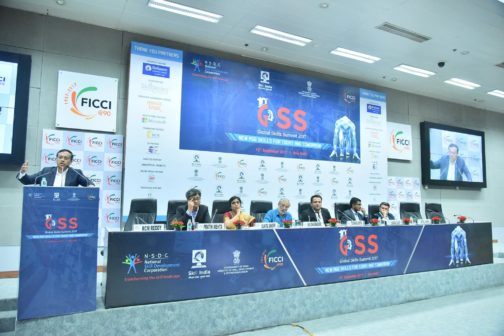
A: To make international migration gainful, you have to put a stop to or at least contain the unskilled labour migration that has been happening. It not only affects the image of the country and leads to exploitation of our own people. We already have international skilling institutes which are supposed to gauge if the people have the right level of skills for the required job role.
Industry associations can also play a role here by creating a benchmark about the competency levels. This should be measured and certified and only then they should be allowed to travel abroad. They should also be sensitised about their rights and labour laws of different countries as a part of the orientation. Recruiting agencies play a major role as they are the connect between employers and the aspirant worker/professional. Issues of dual work contract have to be addressed. We had a conference in Dubai few months back that was organised by FICCI in association of MSDE, GoI, NSDC and MoHRE Govt. of UAE where these issues were discussed. On 14th September, we are organising a follow up round table with the recruiting agencies and MEA, GoI, MSDE and NSDC to discuss several of the above issues.
Q: What are the Post-Summit – GSS 2018 plans to positively influence mindset with initiatives that create awareness about skills, dignity of labour, vocationalization of school education etc
A: The Summit on ‘Jobs- Skills- Demography’ is the culmination of a lot of work that has been done in the past by FICCI. We have to tackle the challenge of job creation, appropriate training for new age skills and the huge demography that needs to be gainfully employed either in a job or through entrepreneurship. We have to create pathways for the young to be able to make those choices and handhold them as required. For this, lot of in-depth research is needed like creating effective labour market information system (LMIS), using innovative sources to collect job data, documenting changing and evolving business models and how exponential technologies are impacting the industry.
In the upcoming summit we would be discussing the various employer-led job creation models, traditional cluster based models and future of jobs. There are about 8 State Governments – AP, UP, Assam, Tripura, Maharashtra, Bihar, Jammu & Kashmir and Rajasthan apart from MSDE and NSDC attending the conference. We are looking forward to Hon’ble Minister Shri Dharmendra Pradhan Inaugurating the Conference. Our Knowledge Paper on Employer led Models of Job Creations will be released.
Post conference, FICCI will engage with the state governments to carry out in-depth study on local clusters of each state and help maximise the productivity and efficiencies through integration of modern technologies. FICCI will also provide backward and forward market linkages, improving designing capabilities and making it relevant and appealing to the global clientele etc. The report and cluster based models will be completed and released. We will be further continue the work on Version.2 of the Future of Jobs report focussing on large employment generating sectors – Education, Health, Logistics, Construction and Travel and Tourism.
Last year’s report was very well received by all stakeholders and regulators like AICTE are sharing this report with all their technical institutions to adapt the curriculum according to the forecasting in the report. We will also be working with several states and educational institutions to conduct lecture series on ‘Future o Jobs’ to demystify the exponential technologies.
Subscribe to our YouTube channel for more updates:
Subscribe on YouTube

